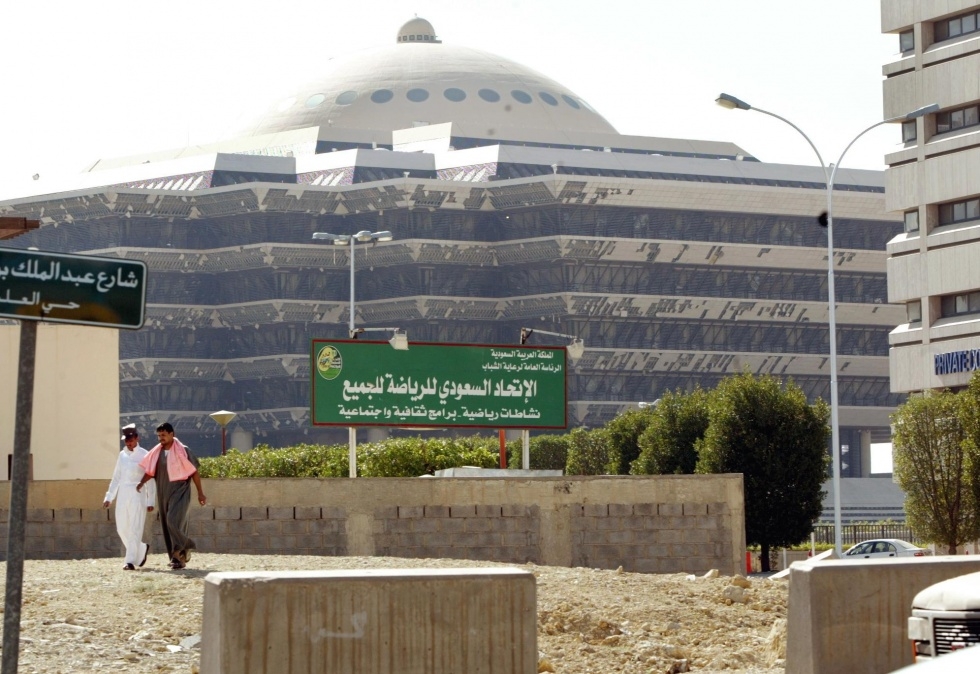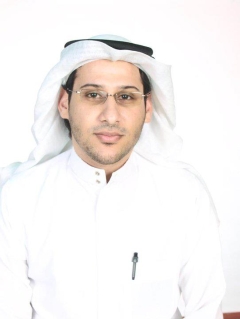Human rights lawyer arrested in Saudi Arabia

A prominent human rights lawyer has been arrested in Saudi Arabia and is being held at a maximum security prison 25 miles south of the capital Riyadh, according to local sources.
Khair is accused of "breaking allegiance to the ruler" by leading an unauthorised human rights monitoring group, the Monitor of Human Rights in Saudi Arabia (MHRSA), which he founded in 2009. The MHRSA is run by a group of Saudis inside and outside the country, documenting human rights abuses. The organisation has been registered in Canada since 2012 to avoid the Saudi authorities who have banned the group.
“Waleed Abu al-Khair was arrested on Tuesday at the Specialised Criminal Court in Riyadh where he was attending the fifth session of his trial on charges of disrespecting authorities and establishing an unauthorised human rights organisation”, a MHRSA statement said Wednesday.
Khair was originally charged last year, with his trial commencing on 4 November, although the proceedings made little progress. Khair has widely contested the legitimacy of the case, and claims that judges routinely failed to attend court sessions.
New MEE newsletter: Jerusalem Dispatch
Sign up to get the latest insights and analysis on Israel-Palestine, alongside Turkey Unpacked and other MEE newsletters
It is unclear how long Khair will be imprisoned for, and the extent of the charges brought against him.
According to MHRSA, Khair was seized after attending the Specialised Criminal Court and then taken to al-Ha’ir prison, the country’s largest detention centre which has been linked to the secret police agency run by the Ministry of Interior.
“Prison officials confirmed that Waleed is being held at al-Ha’ir prison, but were unable to provide any information about the reason for his arrest,” Samar Badawi, his wife, told Middle East Eye.
Activists are demanding that the government release Khair and end the criminal case against him.
“We call on the court to drop all charges and ask authorities to respect Waleed’s rights to enjoy his life with dignity, liberty and security," Yahya Assir, director of the MHRSA, told MEE.
Saudi Arabia has recently cracked down on political activity in the country. Anti-terror legislation which came into effect in February controversially banned all forms of dissent, including demanding political reform and exposing corruption.
The Specialised Criminal Court was established in 2008 to hear terrorism cases, but has been criticised by Human Rights Watch for being “increasingly used to trying peaceful dissidents and rights activists on politicised charges”. Saudi officials, however, insist the court protects national security.
Khair became well-known for hosting gatherings, which he called "Steadfastness" at his home in Jeddah. He started the meetings following the closure of Bridges Cafe in Jeddah by authorities which had attracted activists and young people who often gathered to discuss political, religious and human rights issues. The gatherings have been criticised on social media by conservatives who called on the religious police to shut them down.
His first brush with authorities came in 2012 when the 34-year-old was banned from travelling citing “security concerns”, shortly before the human rights lawyer was due to fly to the US for a State Department sponsored democracy program.
“I am unable to leave this country, but the sun of humanity shines upon me every day," Khair wrote in an opinion piece for The Washington Post following the ban. "I bask in its rays, gaining strength against the darkness of oppression. My voice and the voices of others like me shall reach the world, no matter how hard they try to silence us. We shall say, consistently and proudly: steadfastness.”
In October 2013, Khair was officially convicted for the first time and given a three-month suspended sentence for “insulting the judiciary” after he signed a petition calling for political reform.
Officials at the Ministry of Interior were unavailable for comment on Wednesday.
Middle East Eye delivers independent and unrivalled coverage and analysis of the Middle East, North Africa and beyond. To learn more about republishing this content and the associated fees, please fill out this form. More about MEE can be found here.


